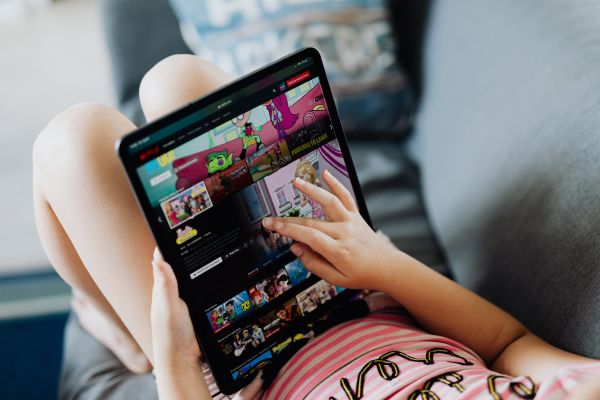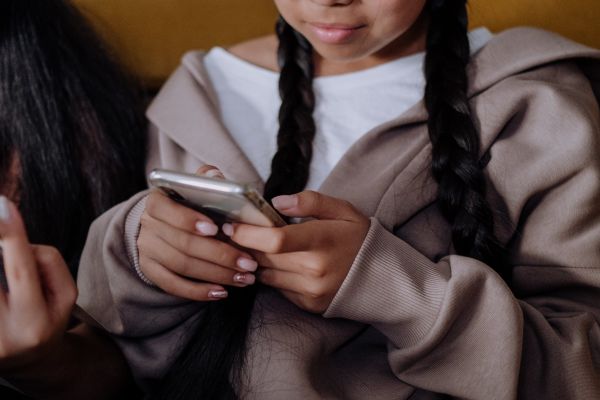
Social Networking
The term "social network" refers both to a person's connections to other people in the real world and to a platform that supports online communication, such as Instagram, Facebook, or Twitter. The term is now used more often in the second sense, and the Internet provides an opportunity for anyone to create an online identity, connect with friends, family, and strangers alike, acquire knowledge, and share ideas and information without having to be physically present. Instead, one’s presence is represented on social media by shared comments, photos, videos, and other images.

Expanding your social network beyond your familiar circle of friends can have surprising benefits, as social networking activities become socioeconomic opportunities, bringing fresh ideas through shared information and unexpected opportunities in the form of a job, an apartment, even a partner. Social networks provide limitless opportunities to connect with others who have cultural, political, religious, and other interests similar to your own. The Internet provides tools for cultivating, managing, and capitalizing on those networks, allowing you to form an initial relationship with someone you've never met in person, who not only enhances but could, in fact, change the direction of your life.
Through online tools like social media, a person can actively engage with other people around the world. They can pursue their curiosity and learn, pick up hobbies, and develop new skills. They have access to a world of information, including life-saving health tips. They can practice kindness and give and receive emotional support.
On the flip side, social media can increase loneliness, FOMO (Fear of Missing Out), and cyberbullying. A tendency to compare oneself to others online can lead to a host of negative outcomes. People may feel like their negative feelings aren’t validated—like they should feel bad for feeling bad.
Sophisticated personalizing technology can hide information and perspectives that are unlike one’s own, preventing people from learning from one another and growing. Misinformation, unsubstantiated rumors, and conspiracy theories spread quickly—sometimes faster than legitimate news—because they don’t have the same rigorous vetting standards. It’s important to consider the source and think critically before accepting the news online.

Offline social networks differ in ways far beyond a dependence on Internet connectivity. People behave and work together differently, communicate differently, and spend different amounts of time together when they meet offline than when they connect online.
An individual’s online social network does not generally represent their “real-life” social network. While a large network of friends and acquaintances is possible on social media platforms, many of these connections are weak ties; the amount of social support one has offline is likely to be more important to one’s ultimate feelings of life satisfaction and psychological well-being.
Believing that it is not easy to make new friends can prevent some people from even trying. Those who are successful show up at events (both physically and emotionally), put themselves out there, and are intentional about their efforts to connect. The more visible a person is, the more chances they have of actually connecting (i.e., the “exposure effect”).
It’s unclear. Many believe that having more than a handful of friends means the friendships won’t be as close. On the other hand, weak ties who don’t share the same personal or professional spheres expose one to new ideas and job opportunities. Anthropologist Robin Dunbar calculates that the largest number of stable social relationships a person can have: 150.
It can take an average of 50 hours to proceed from acquaintances into casual friends, 90 hours into friends, and more than 200 hours to become best friends. However, the quality of the time spent together matters: More meaningful conversations, inside jokes, and genuine interest in catching up lead to stronger relationships.














